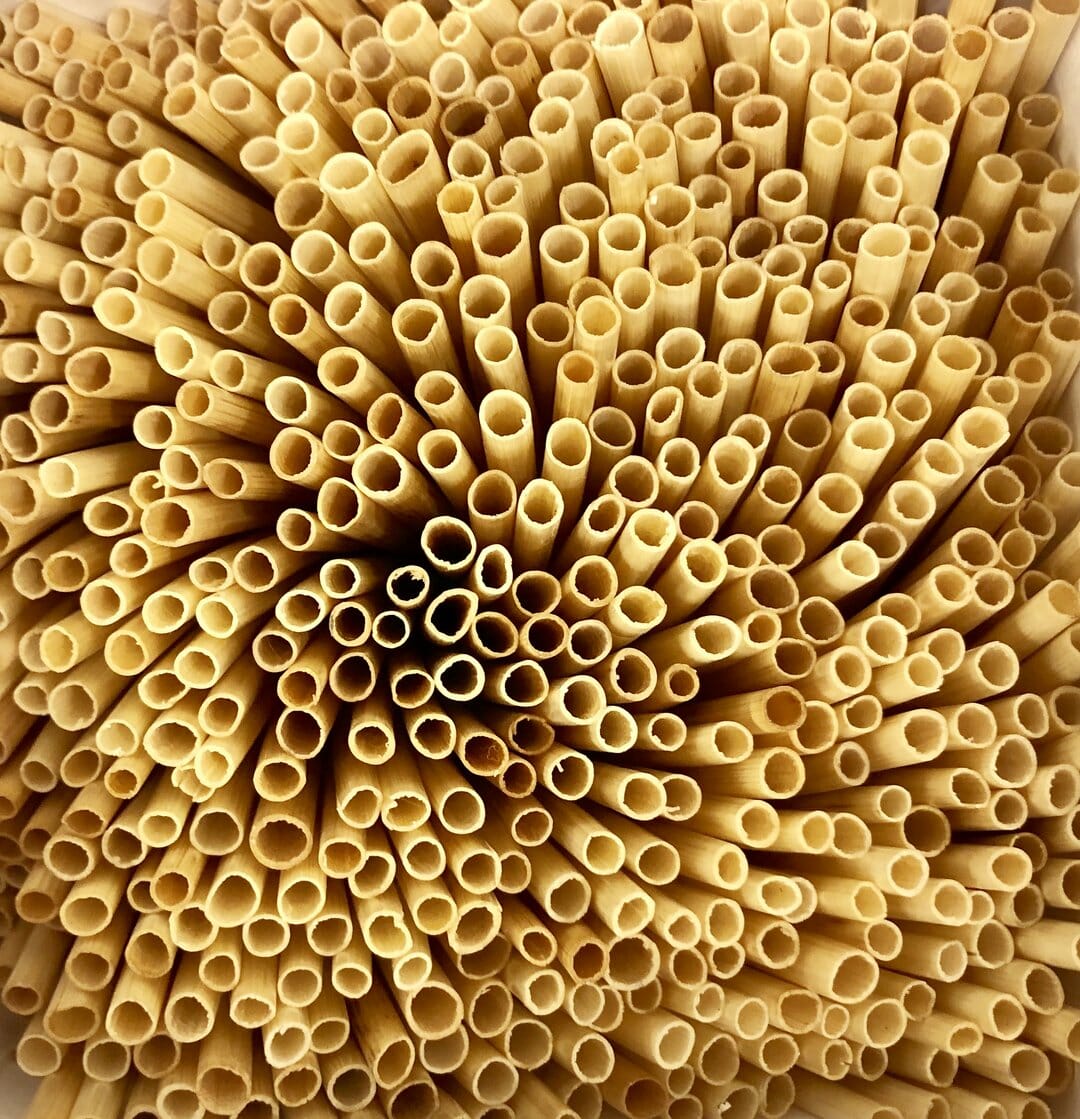Wheat Straws: Are They Safe?
Biodegradable straws are all the rage these days, and for good reason. However, the ingredients in them create legitimate concerns for people with food sensitivities. We did some research and  collected all the information you need to know, and some of it might be surprising.
collected all the information you need to know, and some of it might be surprising.
Paper Straws: cheap to make, food safe, not good for hot beverages. One-time use.
Bamboo Straws: Good for hot and cold drinks, sustainable material, reusable and can be composted. Best for short-term use.
Biodegradable Plastic Straws: Compostable plastic straws are those that biodegrade quickly and turn into humus not contaminated by metals. However, not all biodegradable plastics are compostable, meaning they have to be recycled by a commercial compost facility. Most are made from plant starches (typically corn) and oil, and take only 2-3 months to decompose naturally in a commercial compost facility. They hold up well and feel like traditional straws.
Glass straws: difficult to clean, break easily
Stainless Steel Straws: Retain heat and cold, can jab the mouth; many come with protective rubber tips. Hard to clean.
So how Can wheat be safe for celiacs?
Wheat Straws: Wheat flour is made from the top grain of the wheat plant, which does contain gluten. Once the wheat has been harvested, the remaining stems, which do NOT contain gluten, are collected for other uses, including hay for animal feed and straws. These are one-time use straws that don’t get soggy in liquid, and, they’re fully compostable. These straws are promoted as being gluten free, and from our research, they are indeed safe. Is it weird to put part of the wheat plant into your mouth? Absolutely. Use your own judgement!
gluten. Once the wheat has been harvested, the remaining stems, which do NOT contain gluten, are collected for other uses, including hay for animal feed and straws. These are one-time use straws that don’t get soggy in liquid, and, they’re fully compostable. These straws are promoted as being gluten free, and from our research, they are indeed safe. Is it weird to put part of the wheat plant into your mouth? Absolutely. Use your own judgement!
Click here for expo details and ticket info!
(Wheat Straws Gluten Free)



